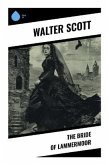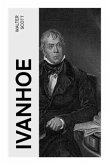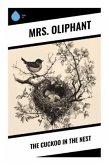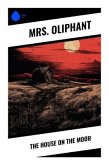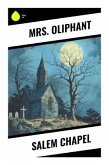Waverley, a seminal work by Walter Scott, marks the dawn of the historical novel genre, intertwining narrative and literary innovation. Set against the sweeping backdrop of the Jacobite Rising of 1745, the narrative deftly weaves personal and political themes, capturing the trials of Edward Waverley, an Englishman ensnared in the tumult of Scottish loyalty and rebellion. Scott employs a richly descriptive prose style reminiscent of Romanticism, illustrating the clash between traditional Scottish culture and the encroaching influence of modernity, while also providing a nuanced portrayal of the landscapes and characters that populate this epoch. Walter Scott, a Scottish historian, poet, and playwright, was deeply influenced by the folklore and history of his native land, which profoundly shaped his literary pursuits. His immersion in the turbulence of Scottish politics and his keen interest in national identity propelled him to craft Waverley, through which he aimed to explore thecomplexities of cultural allegiance. Scott's multifaceted career, his noble lineage, and his commitment to preserving Scotland's historical narrative heightened his sensitivity to the themes of honor, duty, and the poignant nostalgia for a soon-to-be-lost era. Waverley is essential reading for anyone interested in the interplay of history and fiction, as it not only introduces foundational themes of identity and loyalty but also showcases Scott's pioneering narrative style. Recommended for scholars and casual readers alike, this novel invites reflection on the enduring questions of personal agency within the grand tapestry of history, making it a timeless exploration of the human condition.
Bitte wählen Sie Ihr Anliegen aus.
Rechnungen
Retourenschein anfordern
Bestellstatus
Storno


